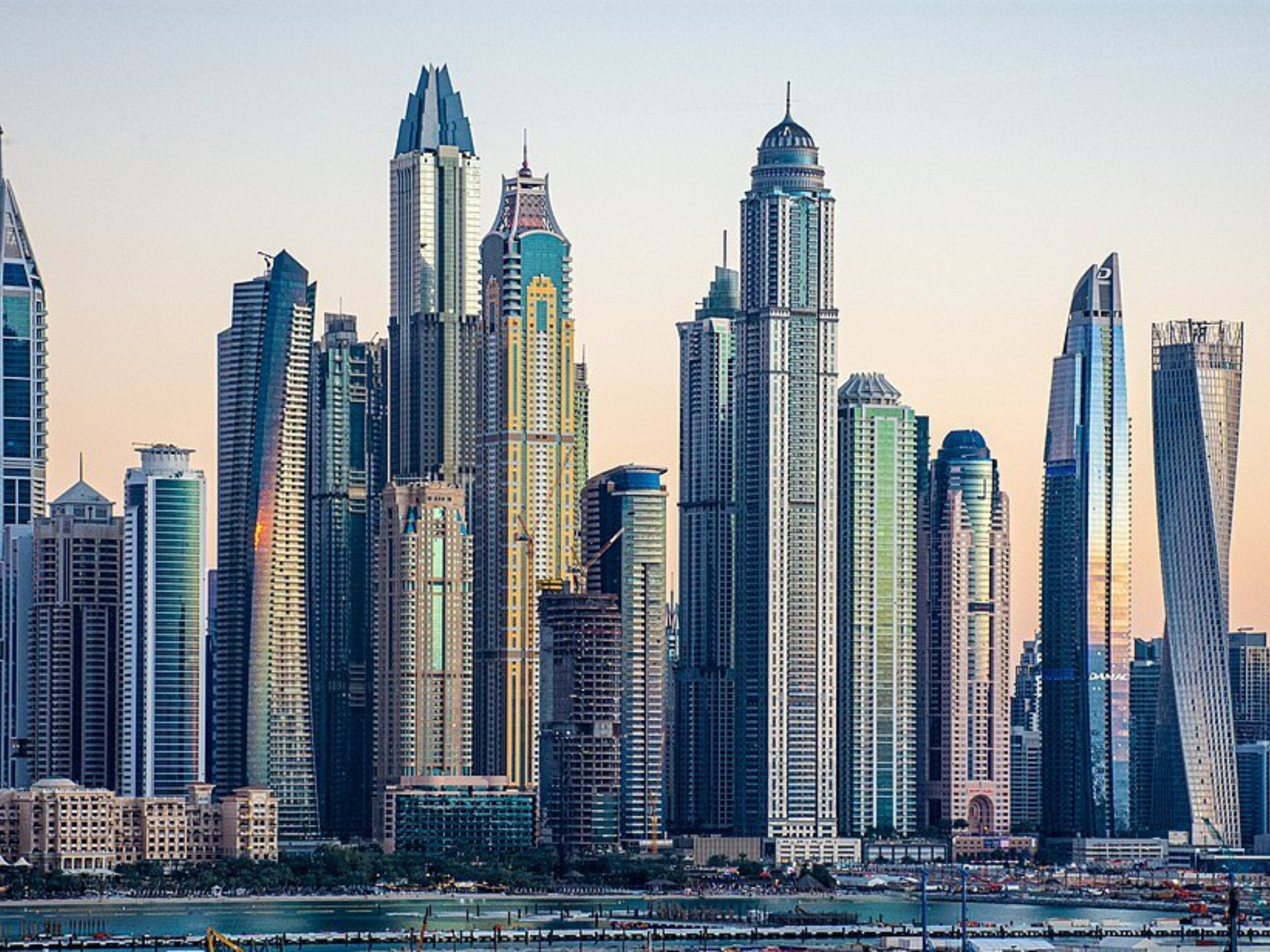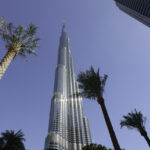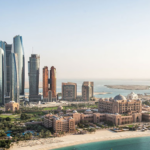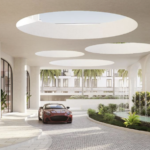Dubai’s real estate market is constantly evolving, with new projects regularly emerging to meet the needs of its dynamic and growing population. However, there is ongoing debate about whether the city is facing an oversupply of real estate inventory. Let’s explore the current state of the market and the factors influencing this perception.
Population Growth and Its Impact
Dubai’s population has been steadily increasing, rising from 3.55 million on January 1, 2023, to 3.65 million by December 17, 2023. This marked growth is accelerating, with the emirate adding 71,495 new residents in 2022 alone. In the first quarter of 2024, the population grew by an additional 25,775 people. Predictions suggest that Dubai could double its population in the next 15 years, driven by ongoing economic and infrastructure developments.
Tourist Influx Boosting Demand
Dubai’s appeal as a global tourist destination remains strong, with the city welcoming over 17.8 million visitors in 2023, a 90% increase over the previous year. The first two months of 2024 alone saw 3.67 million overnight visitors, an 18% increase year-on-year, according to the Dubai Department of Economy and Tourism (DET). This influx of tourists has increased demand for short-term rentals, further driving the need for real estate development.
Current Market Trends: Is Oversupply a Concern?
Despite the influx of new residents and tourists, there are concerns about potential oversupply in Dubai’s real estate market. Dubai maintains a real estate completion rate of about 55%, meaning that just over half of all announced projects are completed on time. This completion rate reflects not only construction delays but also strategic decisions by developers, in collaboration with the Dubai Land Department, to balance market needs and prevent oversupply.
Moreover, Dubai’s limited land availability restricts new developments, which helps maintain a healthy balance between supply and demand. This strategic approach ensures that property prices remain stable and affordable, attracting both investors and homebuyers.
Industry Perspectives on Oversupply

Opinions within the real estate industry vary. Rizwan Sajan, Founder & Chairman of Danube Group, argues that Dubai is not facing an oversupply issue. He points to substantial population growth and strategic planning by developers as key factors preventing oversupply. Kiran Khawaja, CEO of Fajar Realty, echoes this sentiment, highlighting strong international investor interest in Dubai properties, indicating healthy demand rather than oversupply.
However, some industry insiders, like Romaal Patel, Co-founder of The Property, express concerns about oversupply, particularly in the residential sector, where new developments may outpace demand. This situation could lead to downward pressure on prices and rental yields, challenging developers and investors.
Economic Diversification and Sustainable Demand
Dubai is actively diversifying its economy, attracting key industries such as technology and finance, which boosts demand for both commercial and residential properties. For example, the new AI campus is set to attract tech companies and innovation-driven businesses, while the Dubai International Financial Centre (DIFC) draws financial professionals from around the globe. These initiatives create sustainable demand, reducing the likelihood of oversupply in the long run.
Initiatives to Attract New Residents
Dubai’s initiatives, such as the Dubai 2040 Master Urban Plan and the Dubai Sustainable Tourism initiative, aim to improve the quality of life for residents and promote sustainable growth. These projects enhance urban areas, double green and leisure spaces, and promote eco-friendly practices, making Dubai an even more attractive place to live and work.
The Golden Visa program also plays a crucial role in attracting new residents. This program offers long-term residency for investors, entrepreneurs, and talented individuals, providing benefits such as property rights, tax exemptions, and access to healthcare and education facilities, further driving demand for real estate.
Future Outlook
Salman bin Ali, CEO of CBA Real Estate and CEO of DXBA Technology, predicts robust growth in Dubai’s real estate market in the coming years, with significant increases in new unit deliveries expected in 2025 and 2027. Despite the anticipated surge in supply, the demand is expected to remain strong, especially in high-demand areas and luxury segments, ensuring a balanced market.
While there are concerns about potential oversupply in Dubai’s real estate market, the city’s strategic planning, population growth, economic diversification, and attractive policies like the Golden Visa program help maintain a balanced market. By carefully managing supply and aligning with market demands, Dubai continues to attract both residents and investors, positioning itself as a resilient and dynamic real estate market.






